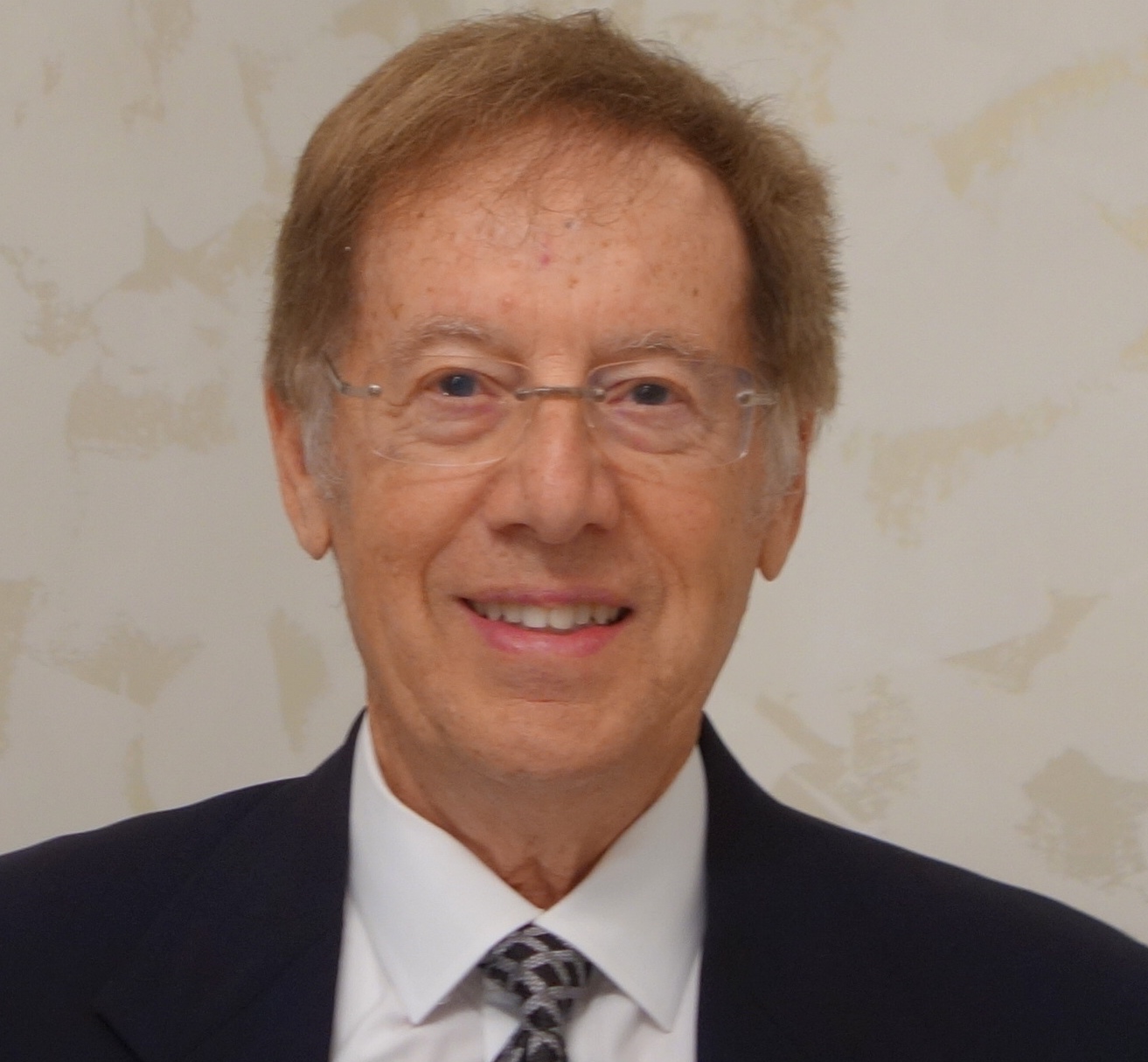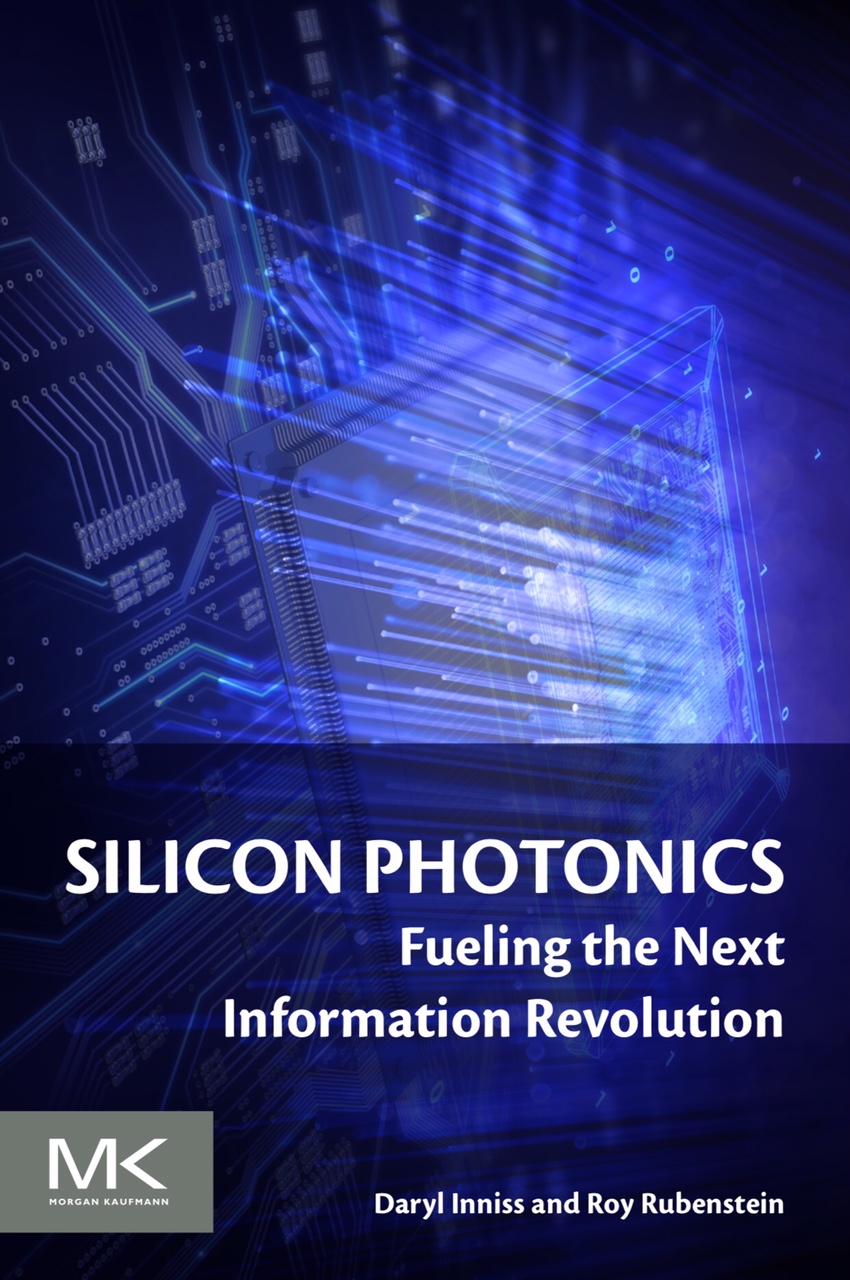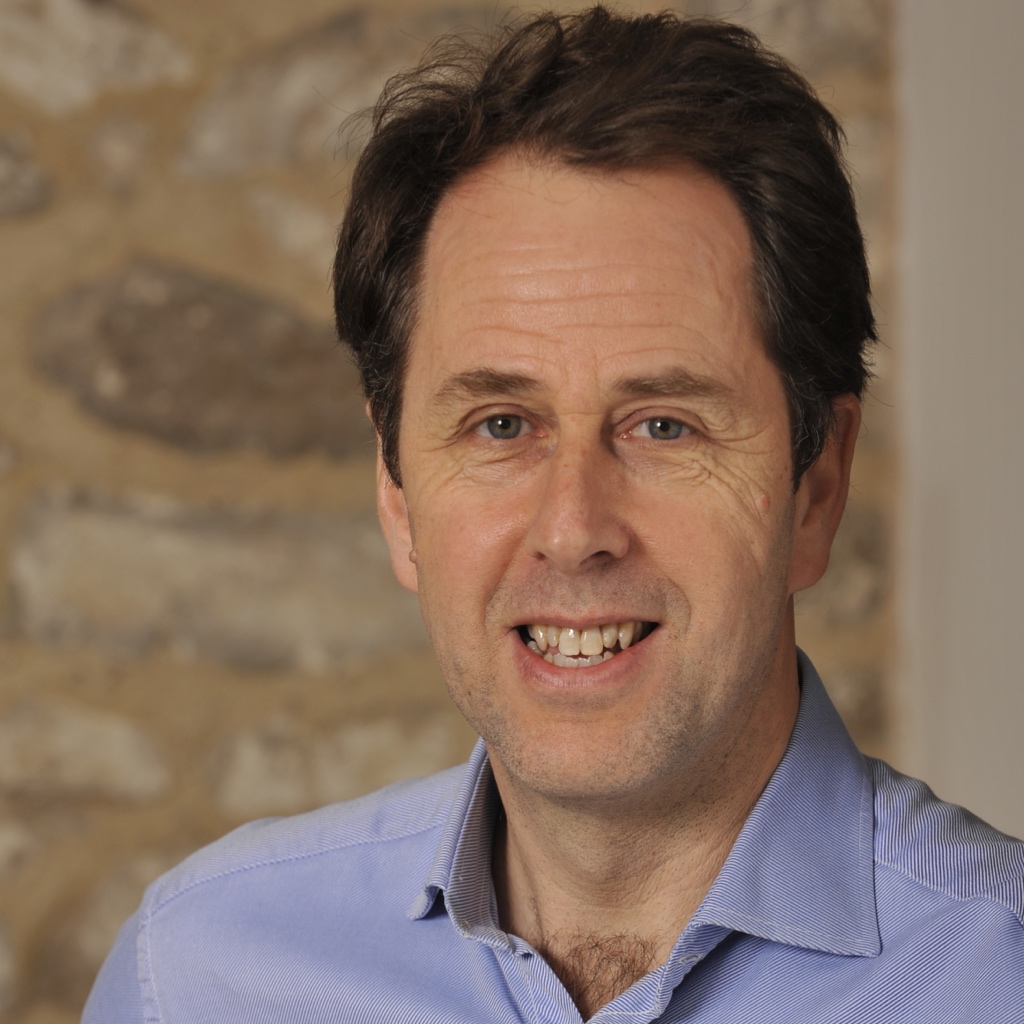Richard Soref: The new frontiers of silicon photonics
 Friday, June 17, 2016 at 8:37AM
Friday, June 17, 2016 at 8:37AM Silicon photonics luminaries series
Interview 4: Professor Richard Soref
John Bowers acknowledges him with ‘kicking off’ silicon photonics some 30 years ago, while Andrew Rickman refers to him as the ‘founding father of silicon photonics’. An interview with Richard Soref.

It was fibre-optic communications that started Professor Richard Soref on the path to silicon photonics.
“In 1985, the only photonic chip that could interface to fibre was the III-V semiconductor chip,” says Soref. He wondered if an elemental chip such as silicon could be used, and whether it might even do a better job. He had read in a textbook that silicon is relatively transparent at the 1.30-micron and 1.55-micron wavelengths used for telecom and it inspired him to look at silicon as a material for optical waveguides.



